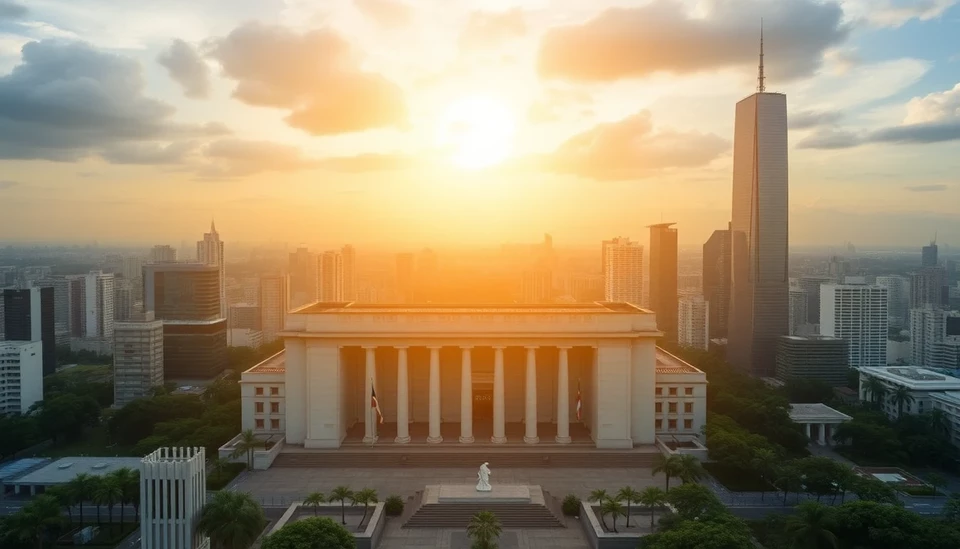
In a significant economic development, Brazil is witnessing a rapid increase in its annual inflation rate, which has surged unexpectedly just before an impending decision on interest rates by the central bank. This uptick in inflationary pressure has raised concerns among policymakers, investors, and the general public alike, prompting national and international attention.
Recent data released showed that Brazil’s annual inflation rate climbed to 6.69% in November, up from 6.44% the previous month. This increase was attributed to various factors including rising food prices, transportation costs, and ongoing supply chain complications that many countries are facing post-pandemic. The persistent inflation trend challenges the Brazilian economy, which has already been grappling with sluggish growth and other financial pressures.
Experts had anticipated a more stable inflation figure, making the November increase all the more alarming. Analysts suggest that this acceleration may compel the Brazilian Central Bank to reconsider its monetary policy strategy, particularly as policymakers prepare to meet later this month to deliberate on interest rates. The importance of this meeting cannot be overstated, as the central bank's decisions will have direct implications for Brazil's economy, investment climate, and consumer spending habits.
Brazil's central bank had previously signaled a cautious approach in its monetary policy; however, the latest inflation figures might push them towards a more aggressive stance. Economists are divided on how the bank should respond, with some advocating for immediate interest rate hikes to combat inflation, while others warn that such moves could stifle economic growth even further.
The inflationary scenario in Brazil is further complicated by external factors such as global commodity price fluctuations and geopolitical events, which have been known to impact emerging markets. Given Brazil's status as a key player in the global agricultural sector, any changes in international commodity prices can ripple through the local economy, amplifying the inflationary pressures already evident. The latest inflation report has prompted discussions about the effectiveness of Brazil's current fiscal strategies and the potential need for reevaluation of the approach towards economic stabilization.
Looking ahead, the upcoming interest rate decision is viewed as a critical juncture for Brazil’s economic trajectory. Financial analysts warn that the severity of inflation could potentially lead to higher borrowing costs that may ultimately affect consumer confidence and spending, further complicating Brazil's recovery efforts post-pandemic.
In light of these developments, stakeholders are advised to keep a close watch on the central bank's upcoming announcements and the economic indicators that will follow. With inflation accelerating, and interest rate decisions looming, Brazil finds itself at a pivotal moment that could define its economic landscape for years to come.
As the situation unfolds, both domestic and international observers remain eager to assess how Brazil plans to navigate these turbulent waters of inflation and economic recovery.
#Brazil #Inflation #EconomicPolicy #InterestRates #CentralBank #FinancialNews #Economy #MonetaryPolicy #EmergingMarkets #BrazilianEconomy
Author: Rachel Greene




